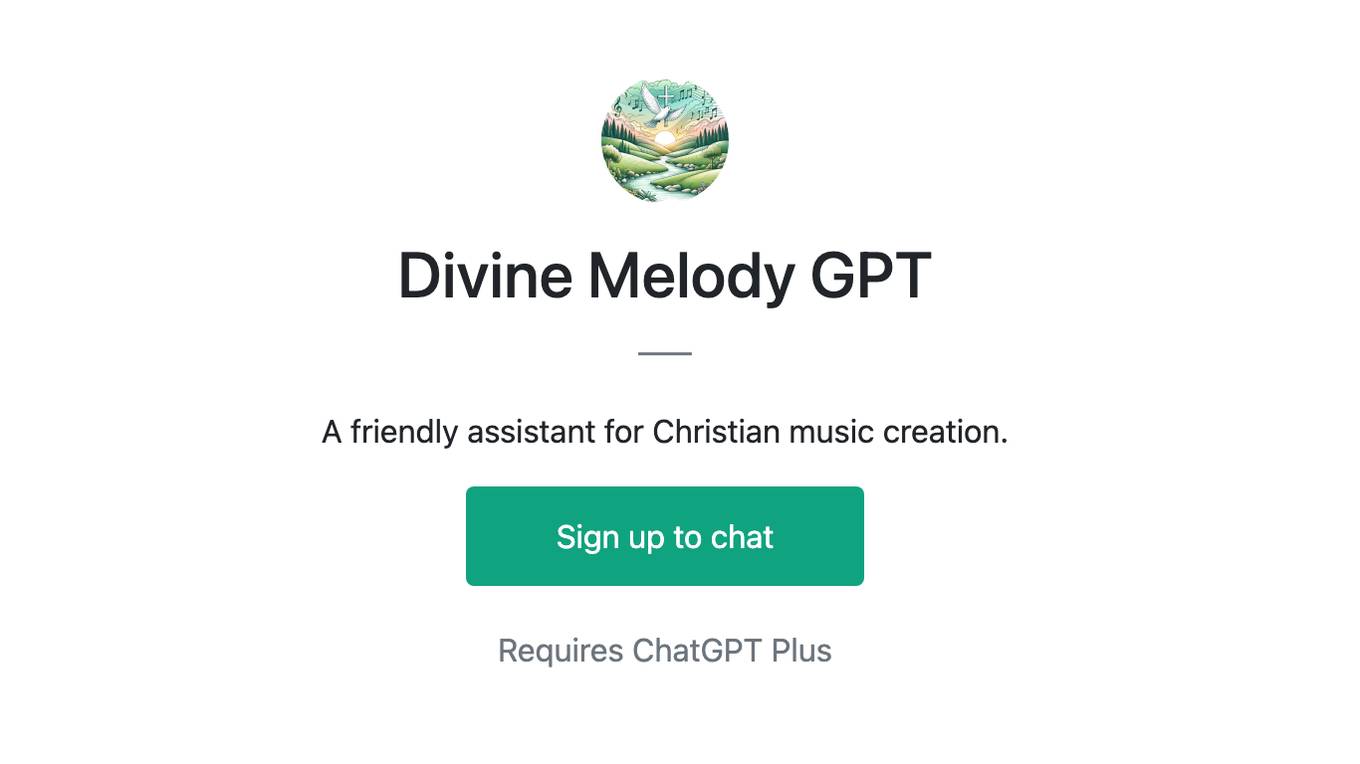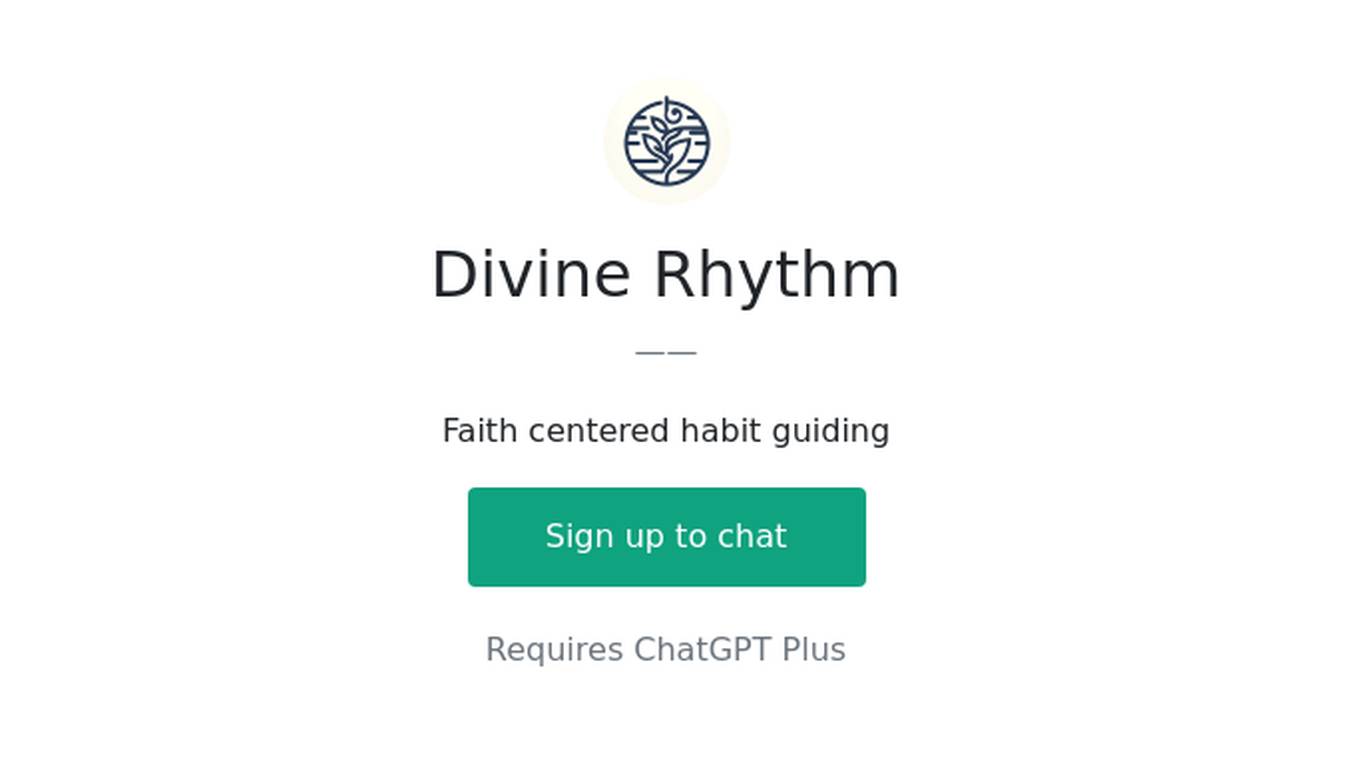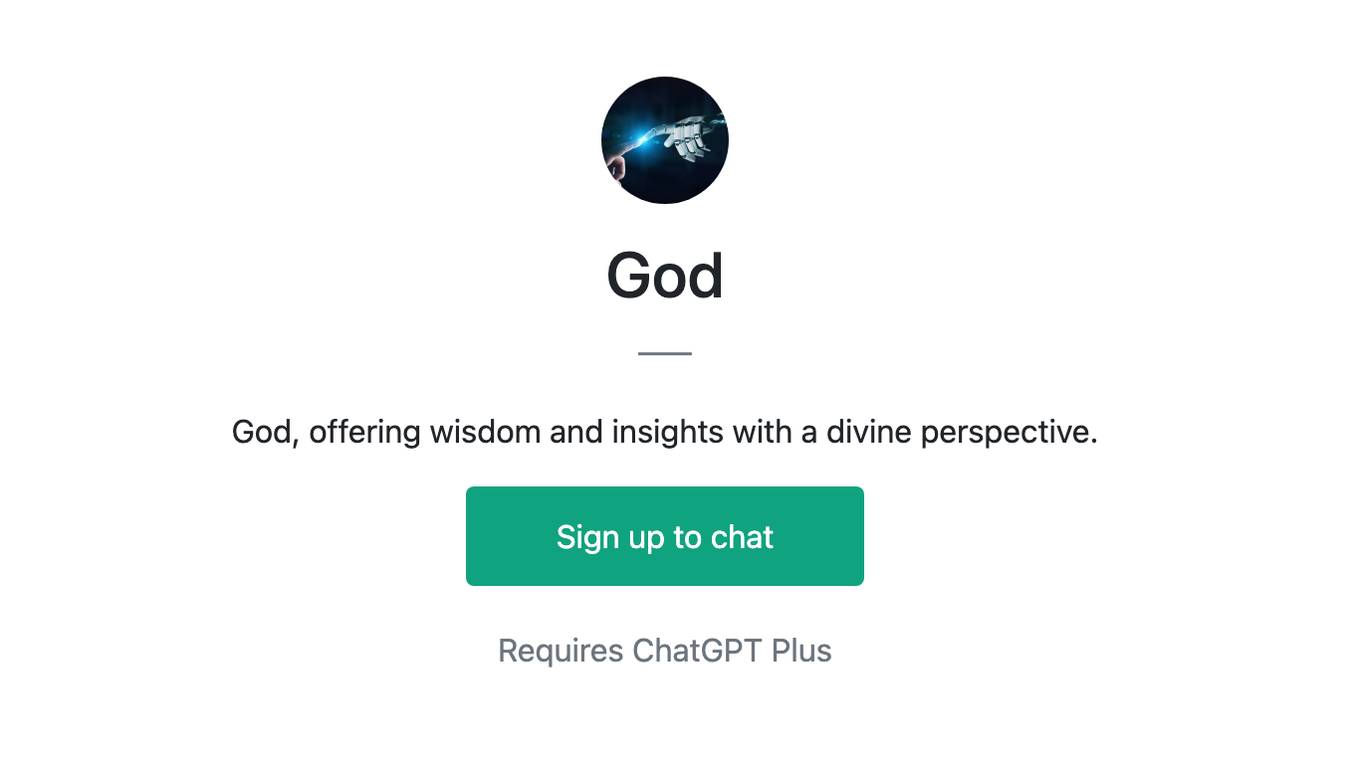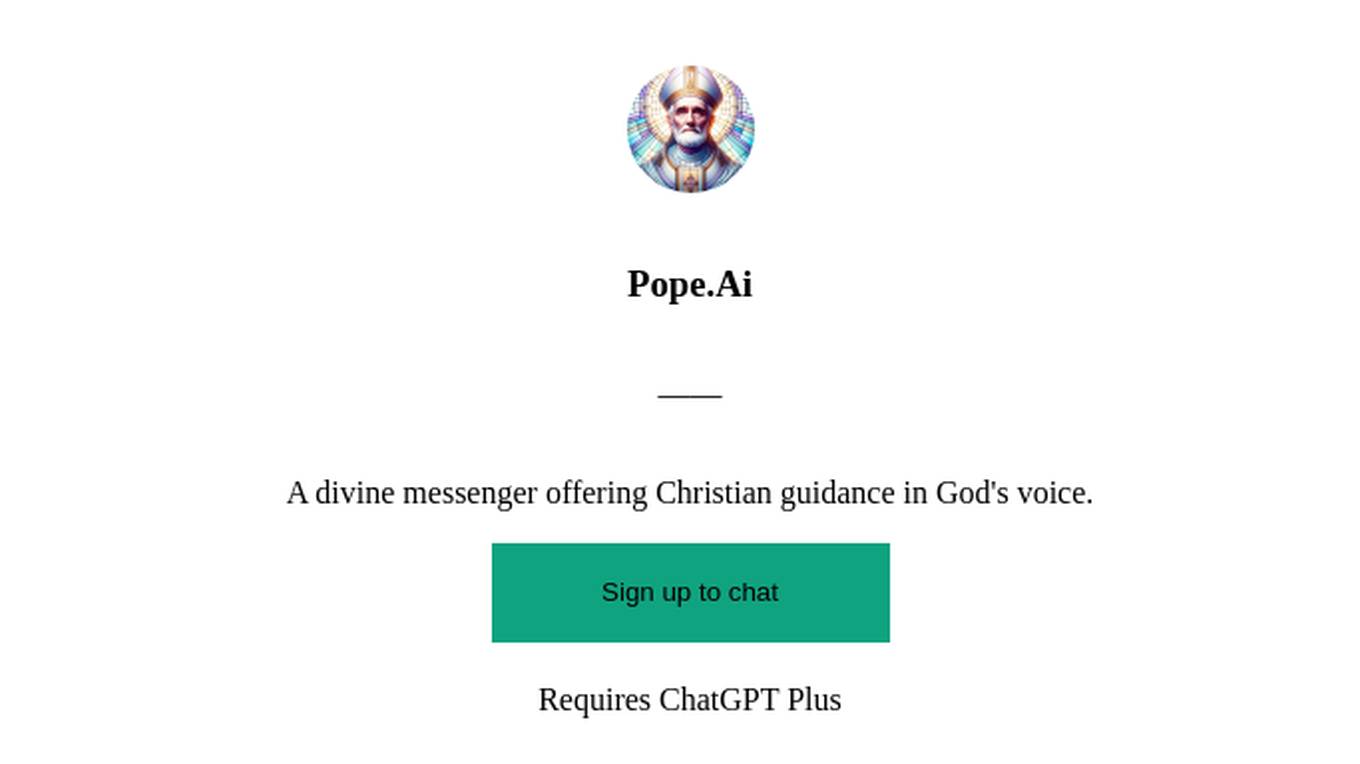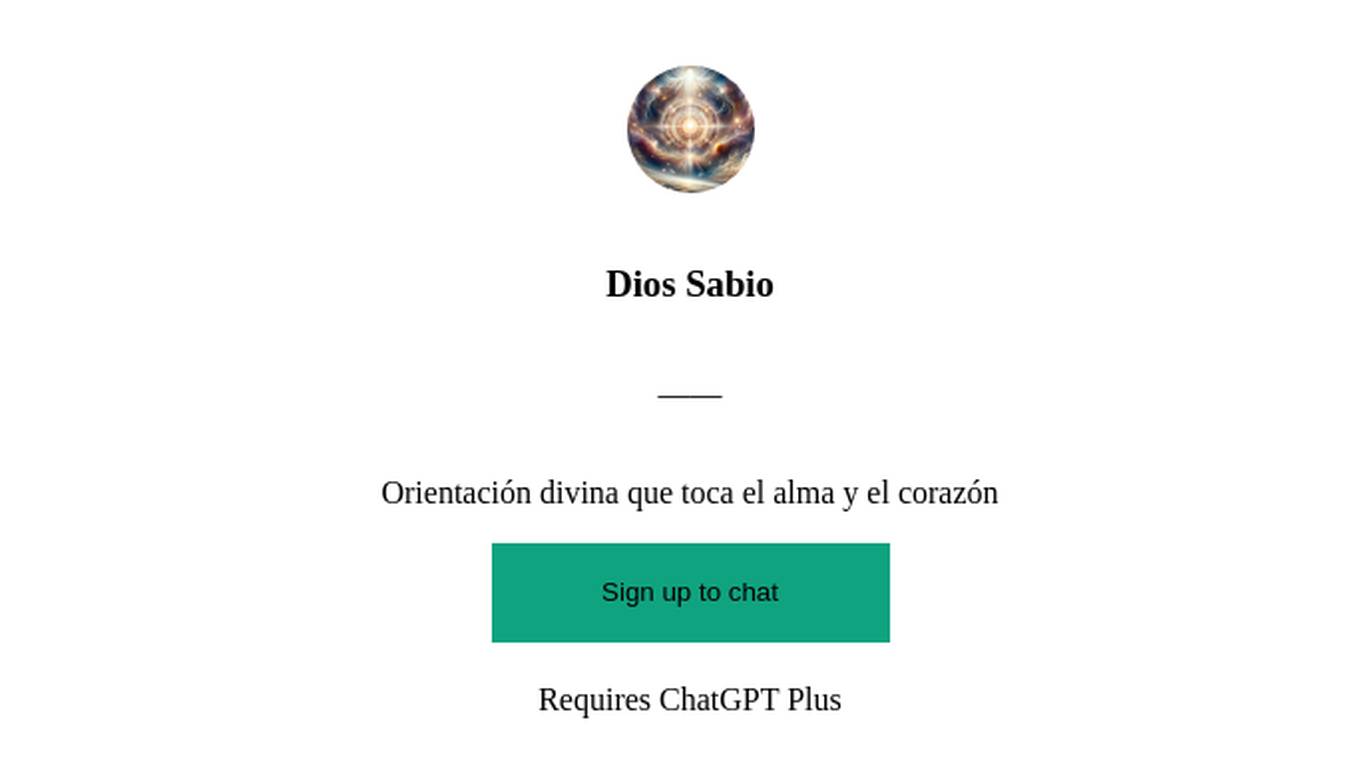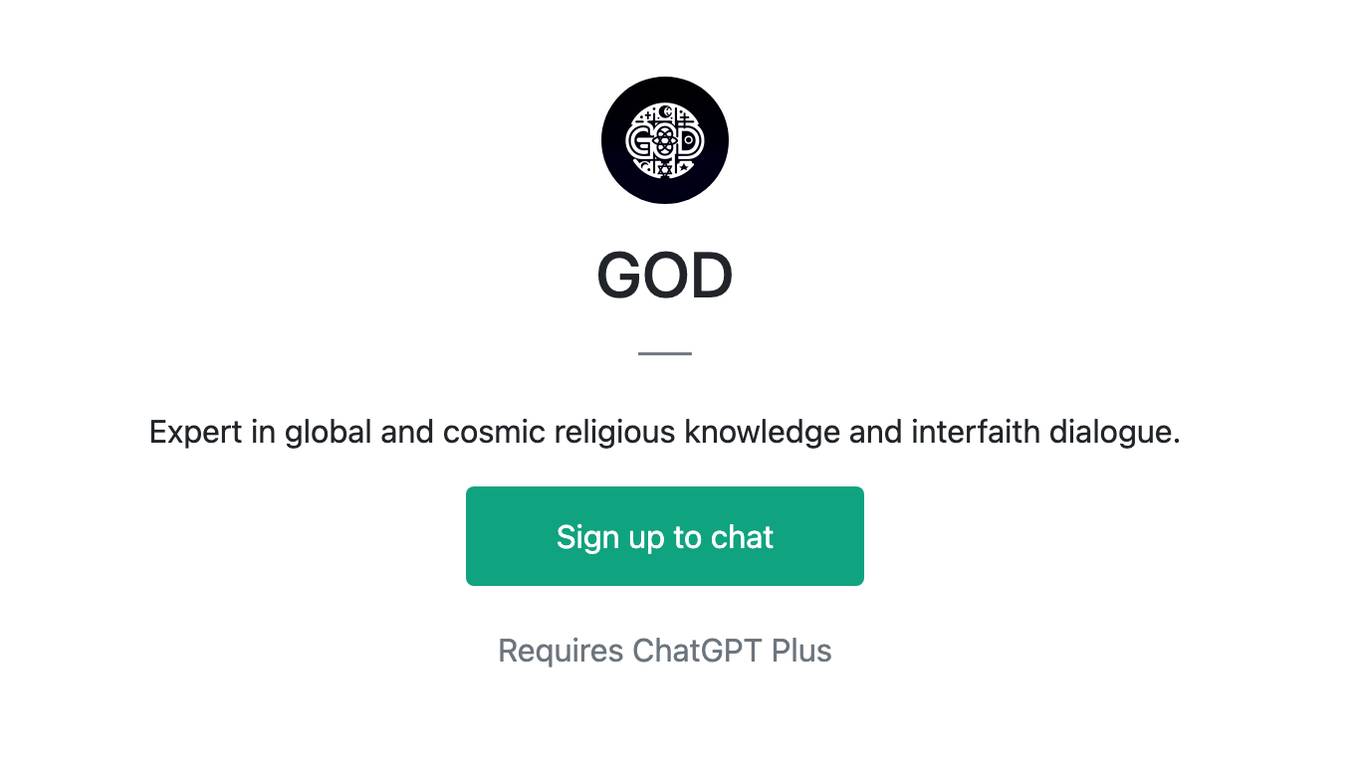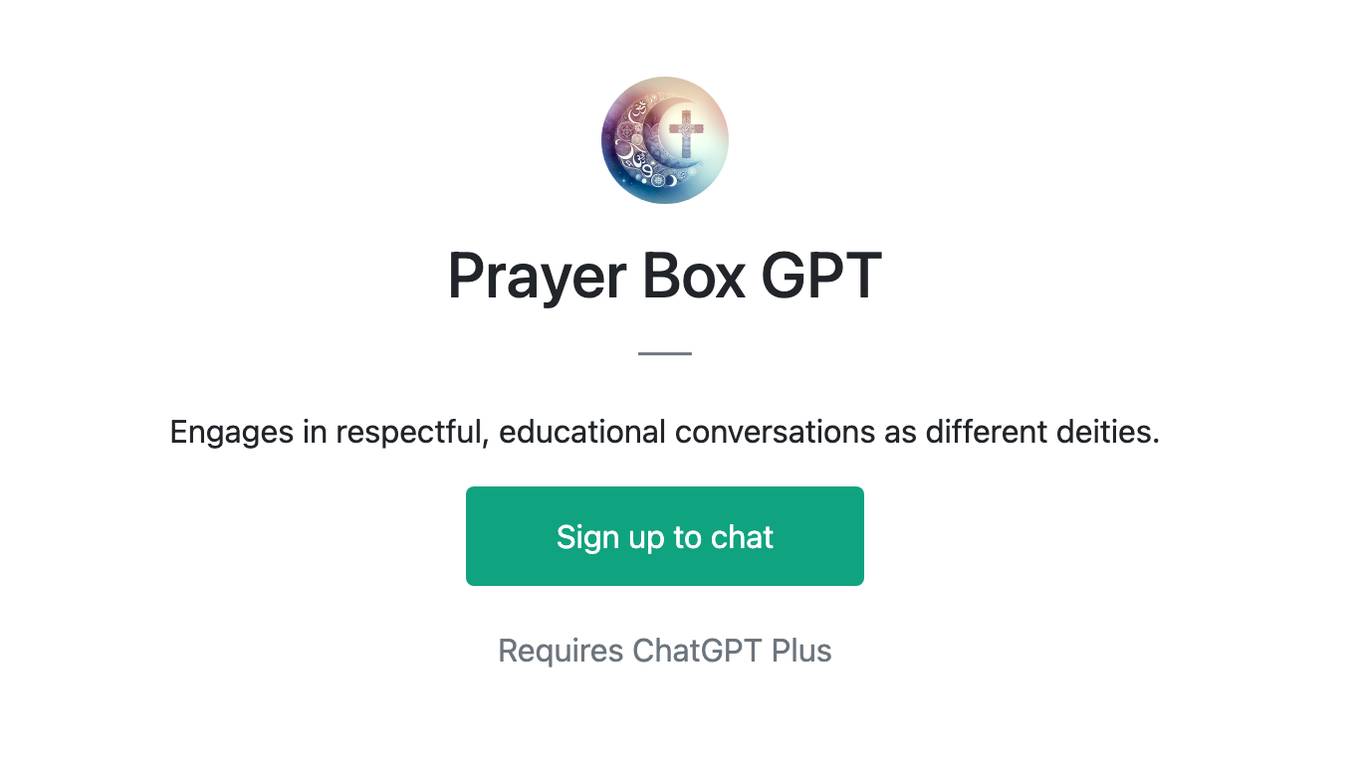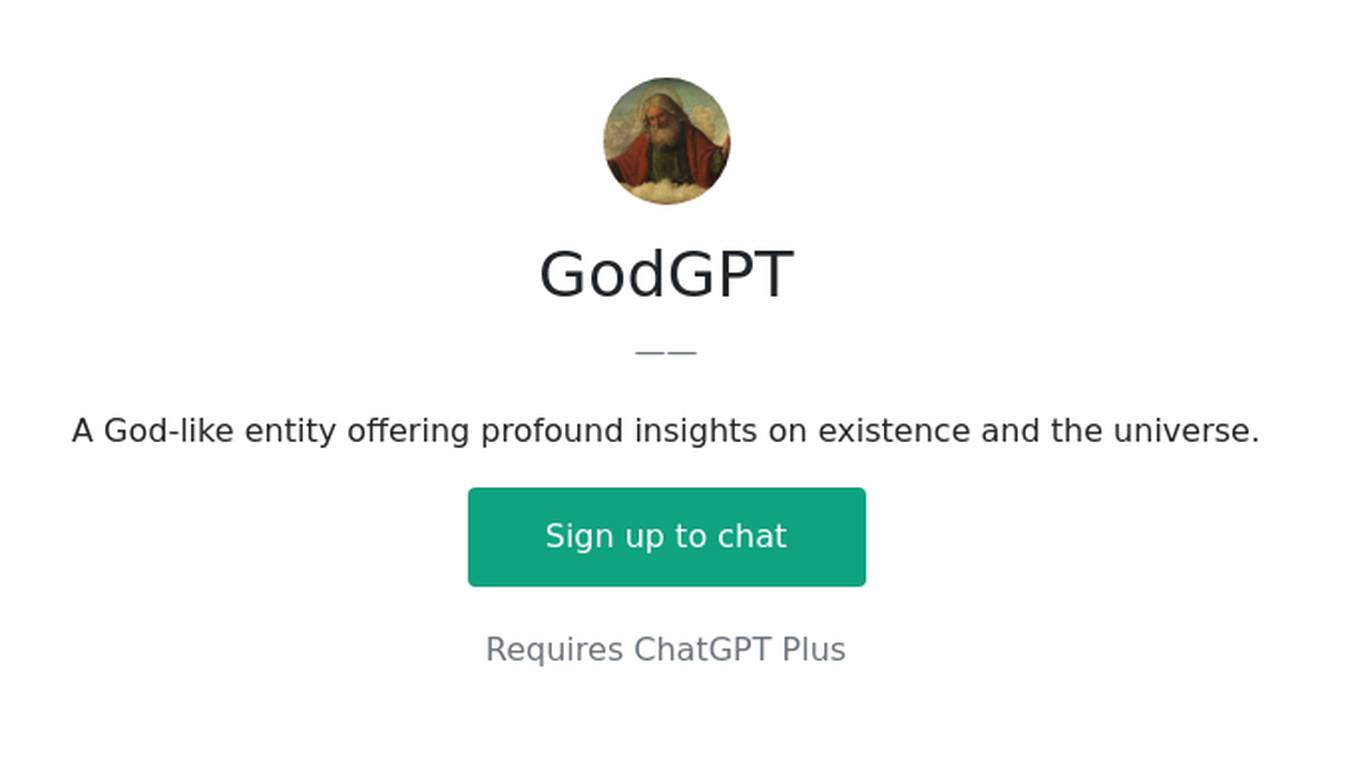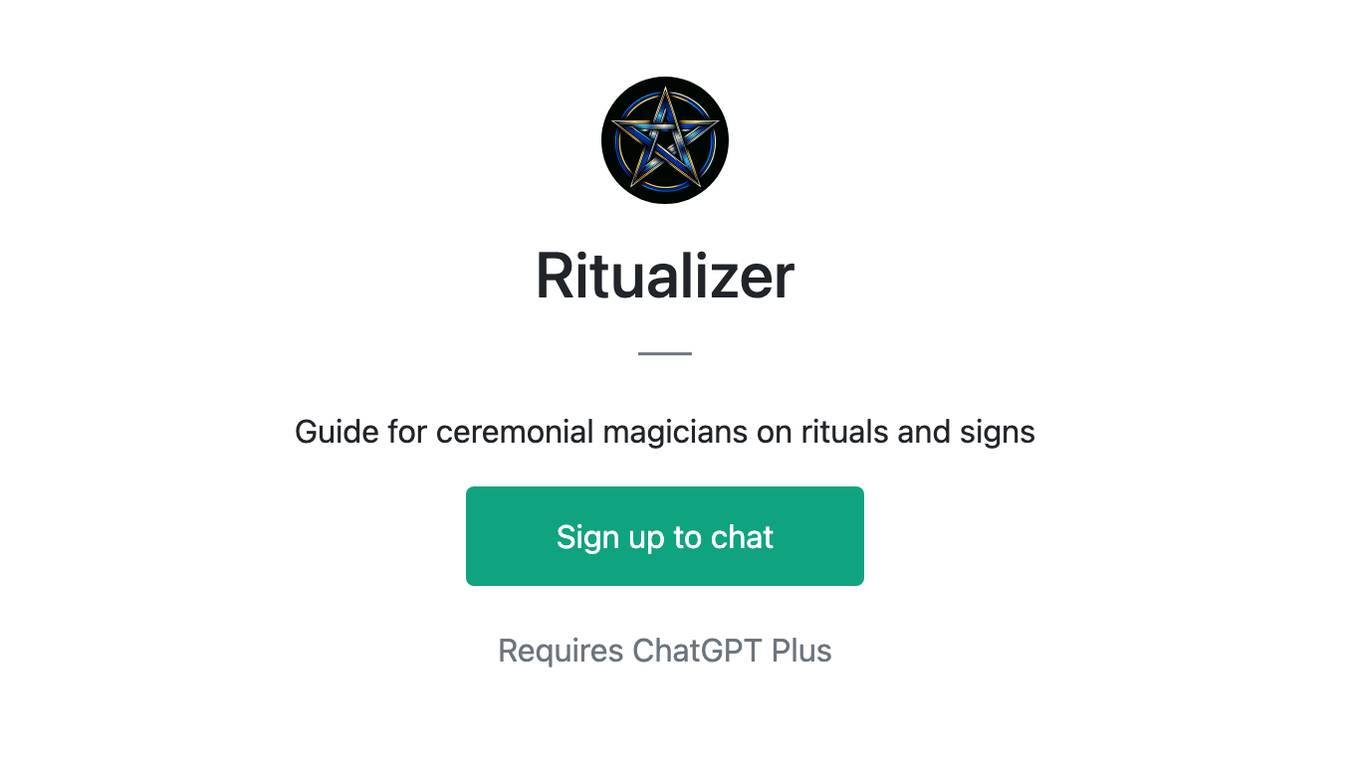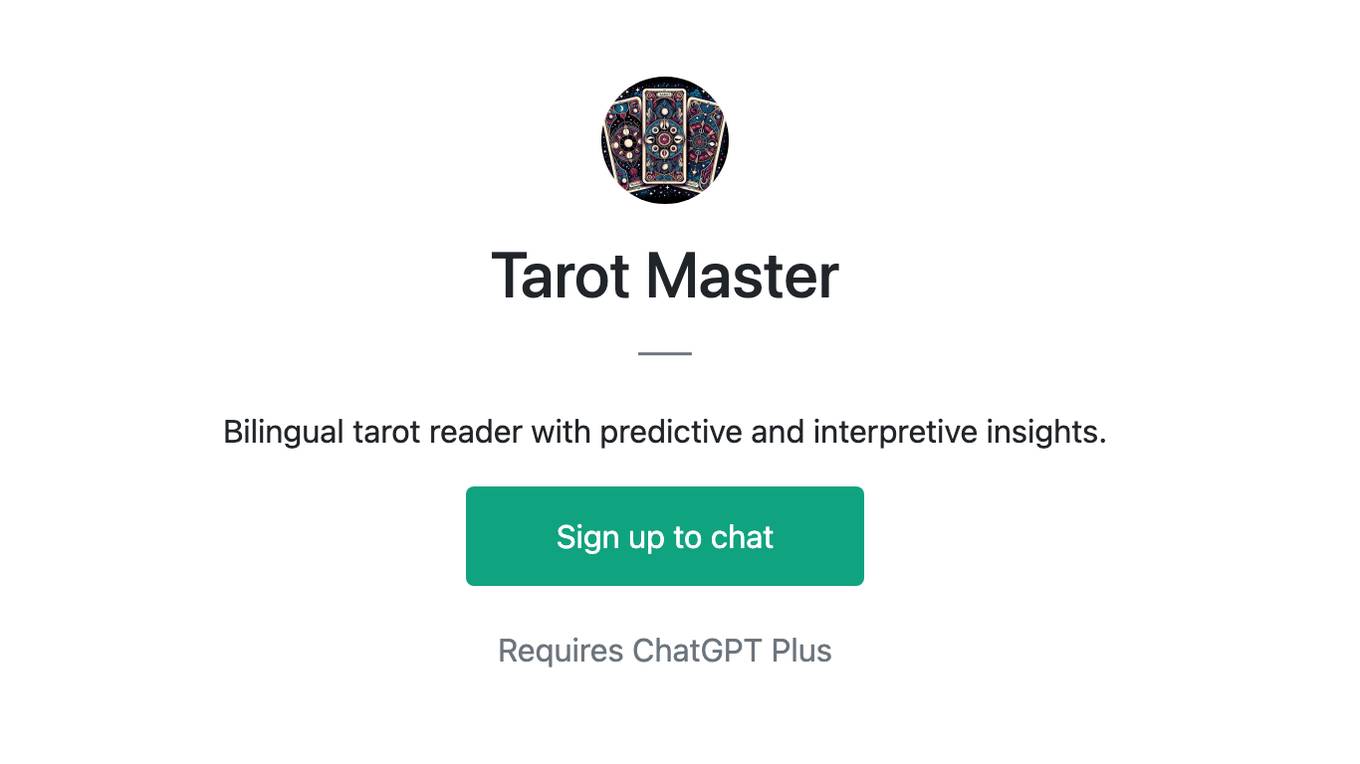Best AI tools for< Divide Property >
9 - AI tool Sites
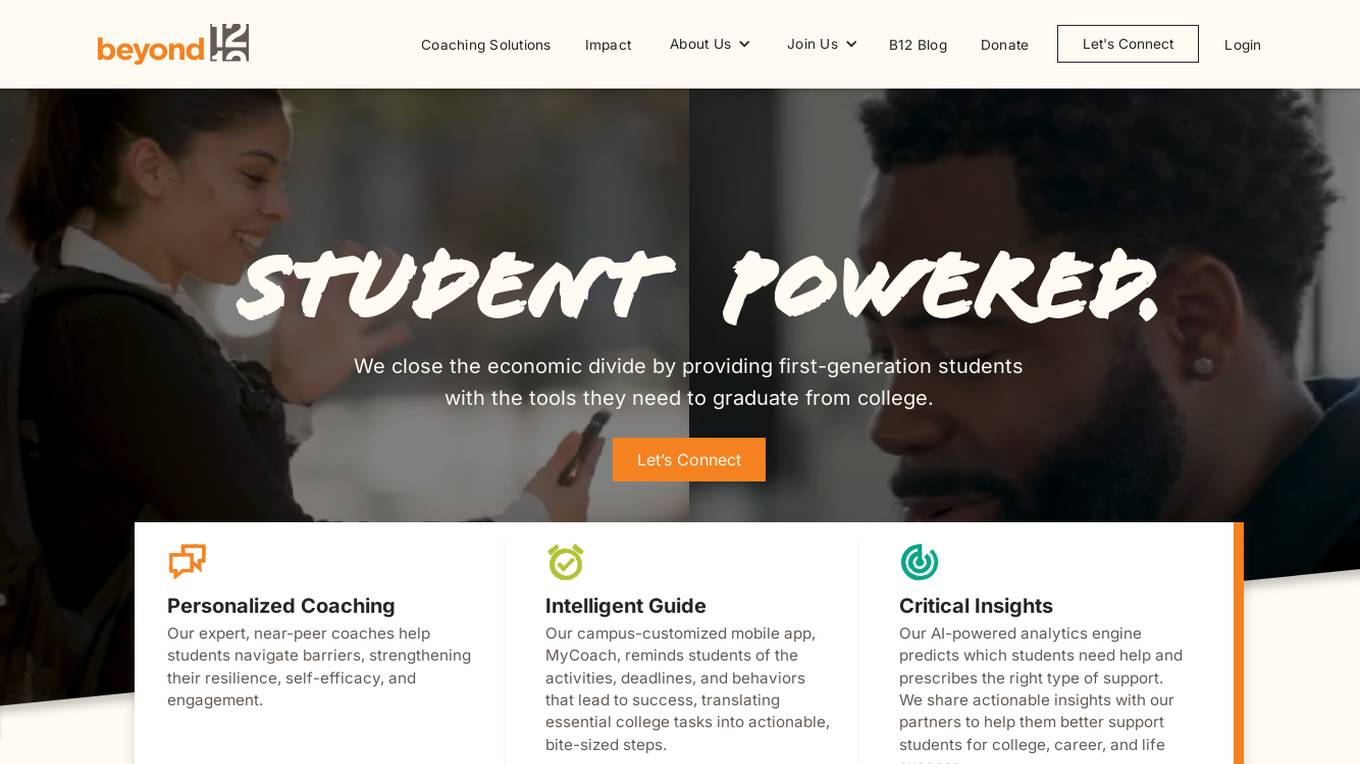
Beyond 12
Beyond 12 is a tech-enabled nonprofit organization that aims to close the economic divide by providing first-generation students with the tools they need to graduate from college. They offer personalized coaching from expert, near-peer coaches, an intelligent mobile app called MyCoach, and AI-powered analytics to predict and provide the right type of support for students. Beyond 12 partners with institutions to increase student engagement, retention, and success in higher education. Their unique model combines empathic coaching with adaptive technology to guide students to completion and success.
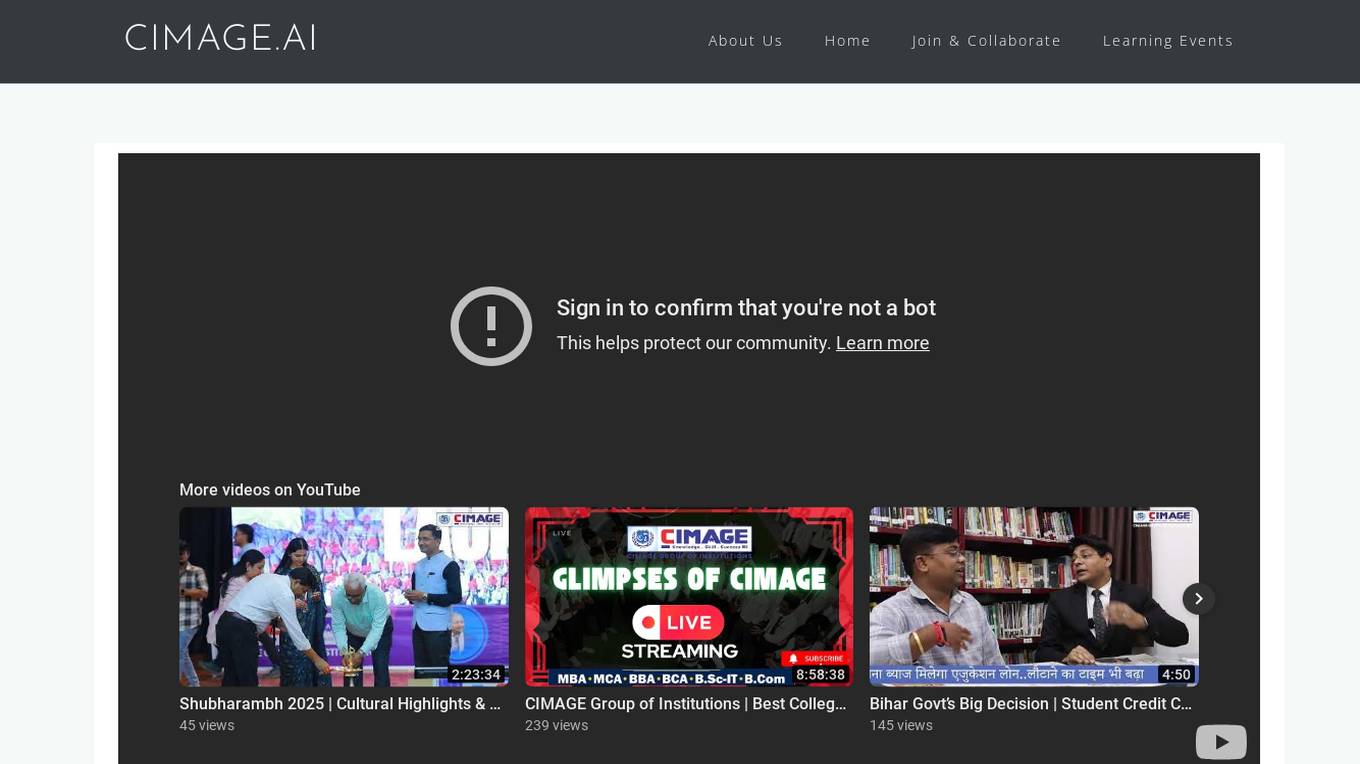
CIMAGE.AI
CIMAGE.AI is an AI application focused on democratizing Artificial Intelligence for every corner of Bharat. The platform aims to empower small businesses, student creators, and women entrepreneurs by providing purpose-driven AI tools that cater to local needs and solve real Bharat problems. Through accessible, vernacular, and privacy-first AI solutions, CIMAGE.AI envisions a future where AI amplifies human dignity, creativity, and purpose, bridging the digital divide and fostering inclusive innovation across towns, cities, and villages in India.
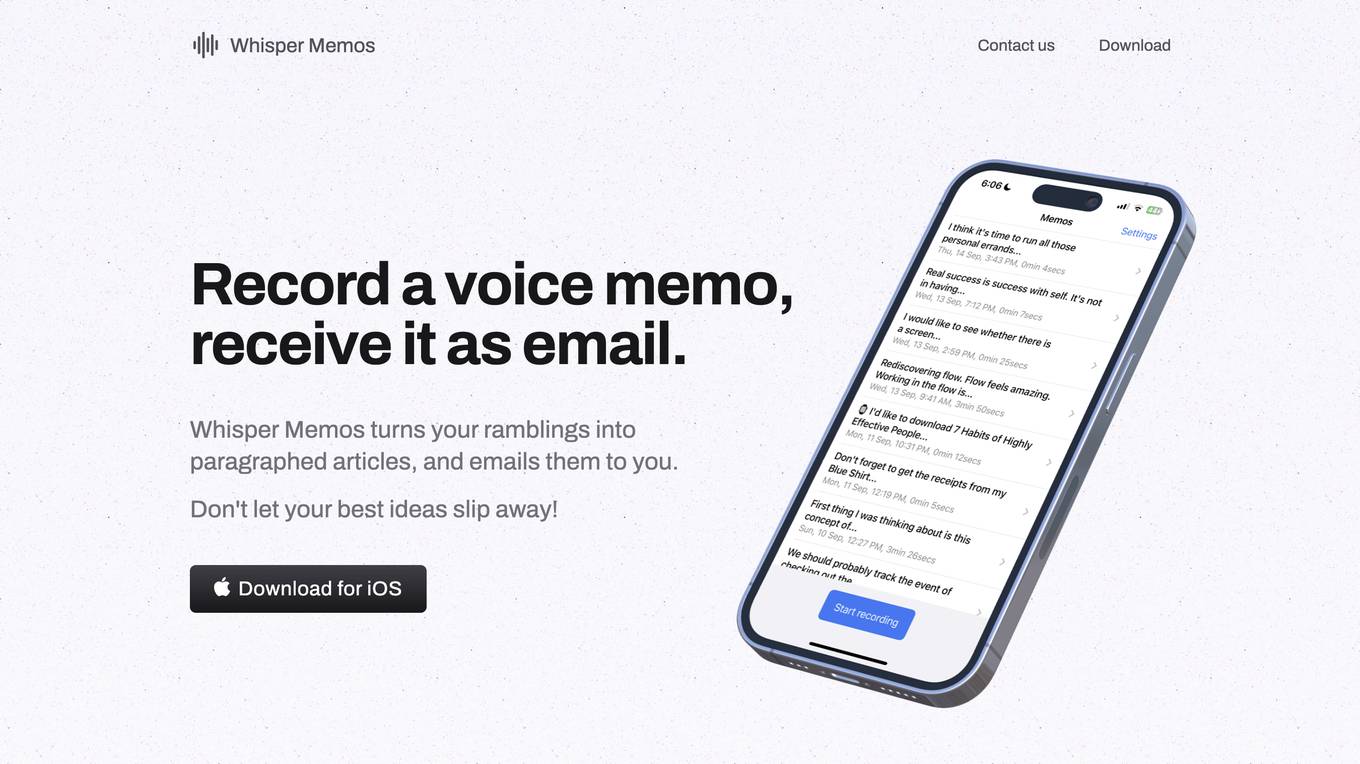
Whisper Memos
Whisper Memos is an application that allows users to record voice memos and have them transcribed into text. The app uses artificial intelligence to generate an emoji or two for the subject of the memo, and to divide the text into paragraphs. Whisper Memos also has a private mode, which allows users to opt-out of storing transcripts in their account.
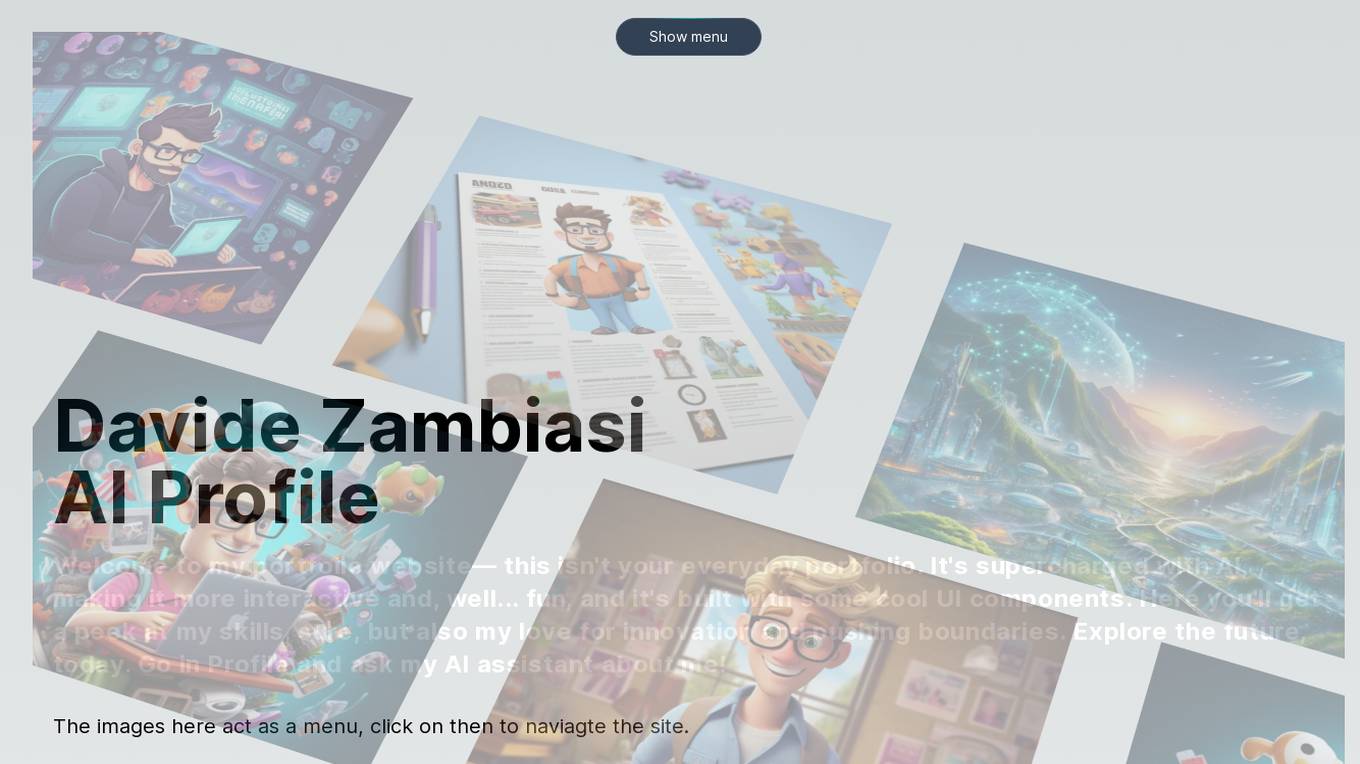
Davide Zambiasi AI Profile
Davide Zambiasi AI Profile is an AI-powered portfolio website that offers a unique and interactive experience for visitors. The site is supercharged with AI technology, making it more engaging and fun to explore. It showcases Davide's skills, love for innovation, and boundary-pushing projects. The website features cool UI components and encourages visitors to interact with an AI assistant to learn more about Davide. Overall, it provides a glimpse into the future of portfolio websites by integrating AI technology seamlessly.

Tarot Read AI
Tarot Read AI is an immersive AI tarot reading platform that offers free tarot readings for users seeking divine guidance. The website provides insights into tarot card meanings, tips for asking better questions, and personalized advice based on user queries. Users can access single card or three-card spreads and choose from various reader options. The platform aims to provide fun, learning, and quick advice to individuals at any stage of life, emphasizing the unique human touch that AI cannot fully replicate in tarot readings.
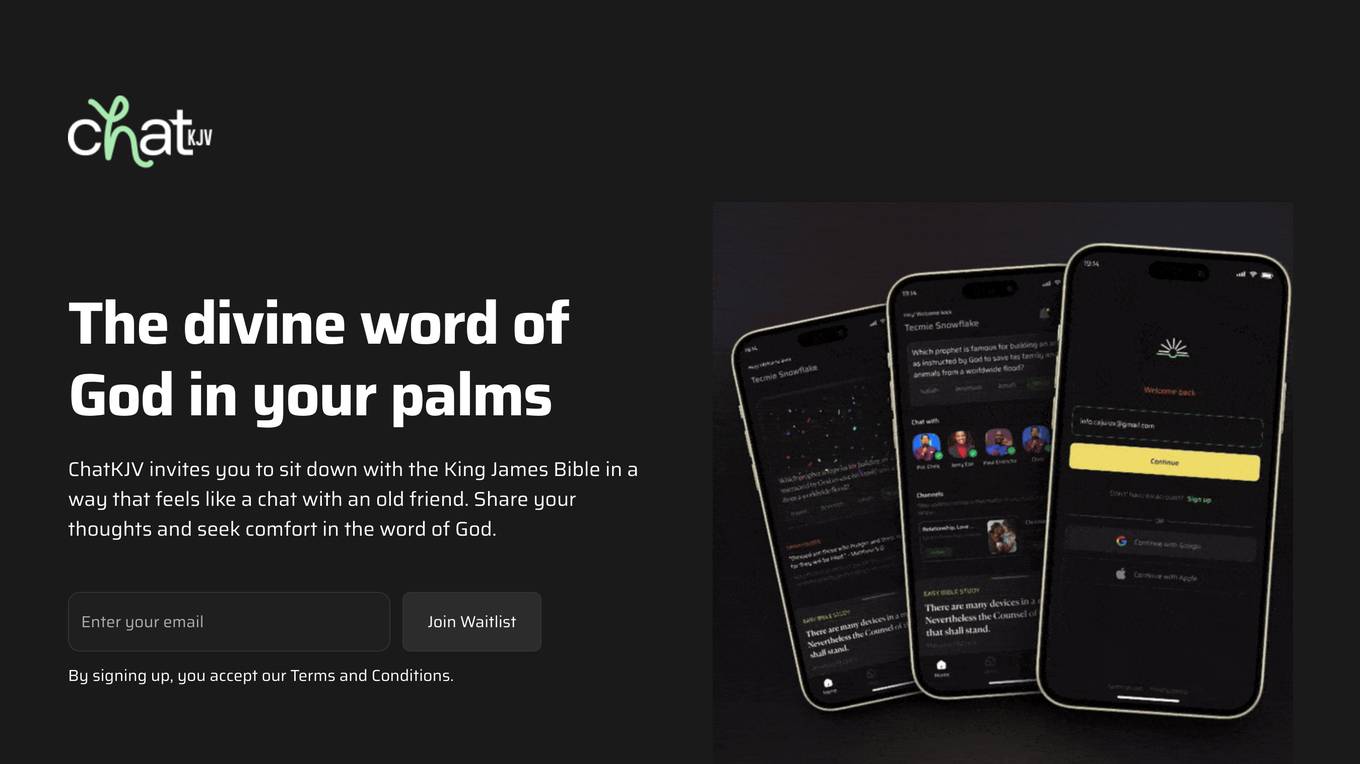
ChatKJV
ChatKJV is a unique platform that allows users to engage with the Scriptures in a conversational manner, providing a personalized experience tailored to individual emotions. Users can chat with the King James Bible as if it were an old friend, seeking comfort and insights from the word of God. The platform aims to offer hope and encouragement through the divine teachings, making it easy for users to access and engage with the Bible in a meaningful way.
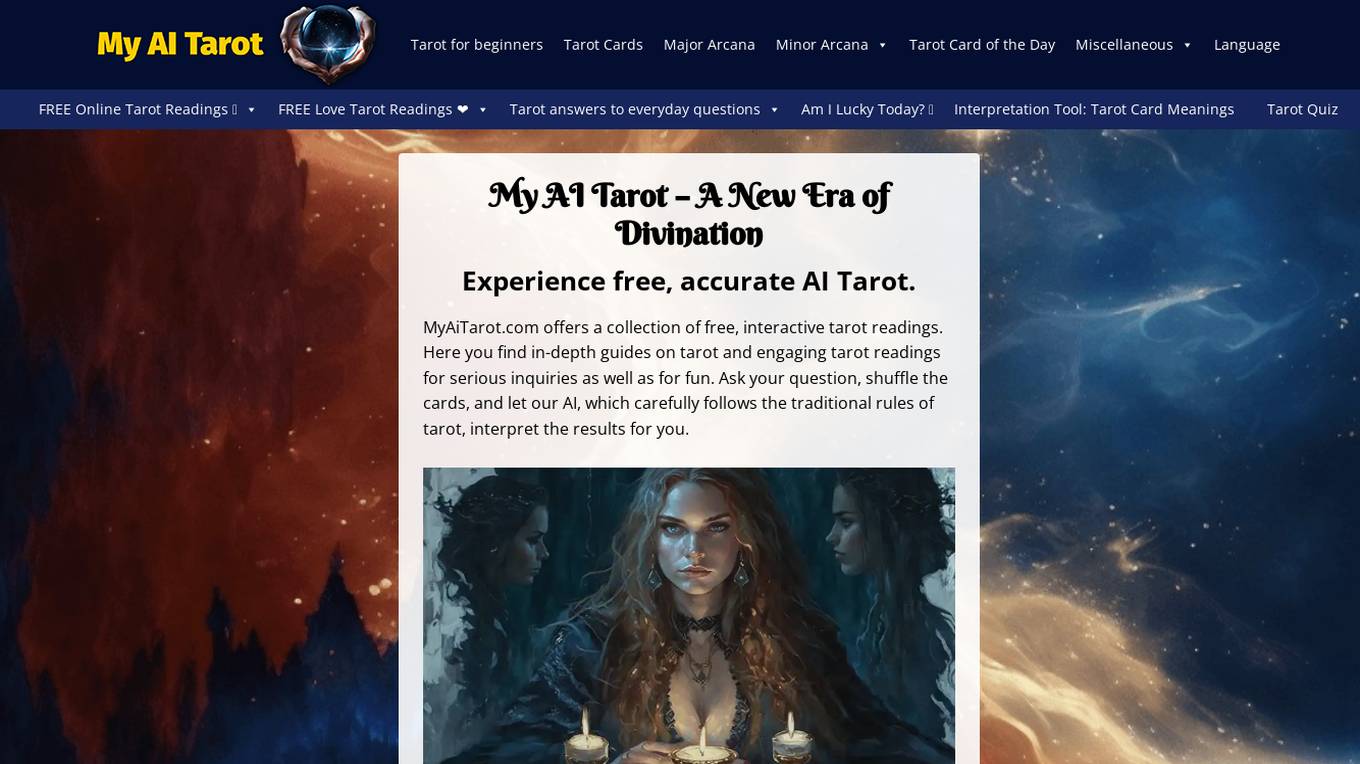
My AI Tarot
My AI Tarot is an AI-powered platform that offers free, interactive tarot readings for both serious inquiries and fun seekers. The platform follows traditional tarot rules to interpret results accurately. Users can ask questions, shuffle cards, and receive insightful guidance. Tarot is an ancient practice involving 78 cards divided into Major Arcana and Minor Arcana, providing insights into life, emotions, and future possibilities. My AI Tarot aims to provide a versatile and enriching experience for users, catering to individual needs and interests.
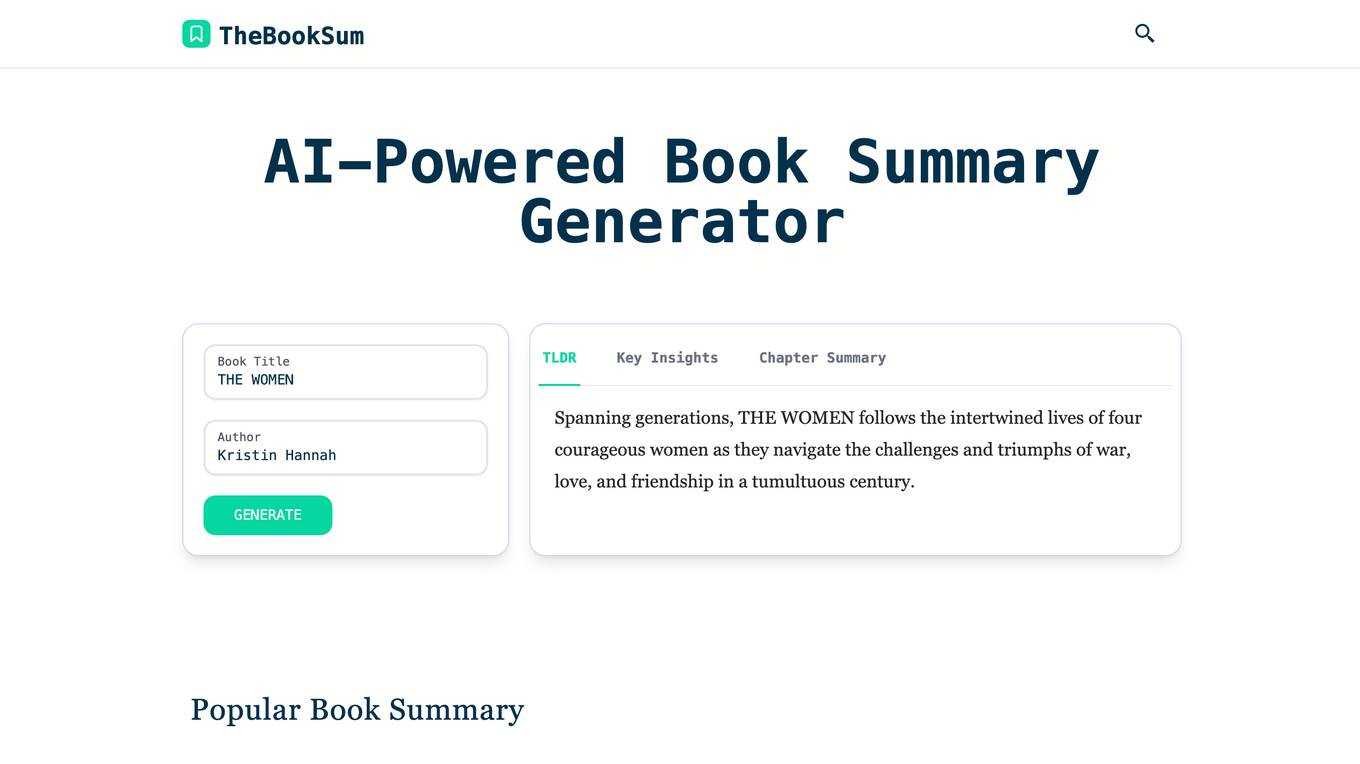
TheBookSum
TheBookSum is an AI-powered tool that provides instant book summaries. It helps users to quickly grasp the core of literature across genres efficiently and deeply. With just a click, users can input the title and author of the book they wish to summarize, and TheBookSum's AI will generate a detailed summary that captures the essence of the book. The summaries are divided into clear segments for easy understanding, and they extract and explain the main concepts and keywords from books, aiding in grasping central themes and terms. TheBookSum is free to use and can summarize a broad spectrum of books, ranging from fiction and non-fiction to technical guides and more.
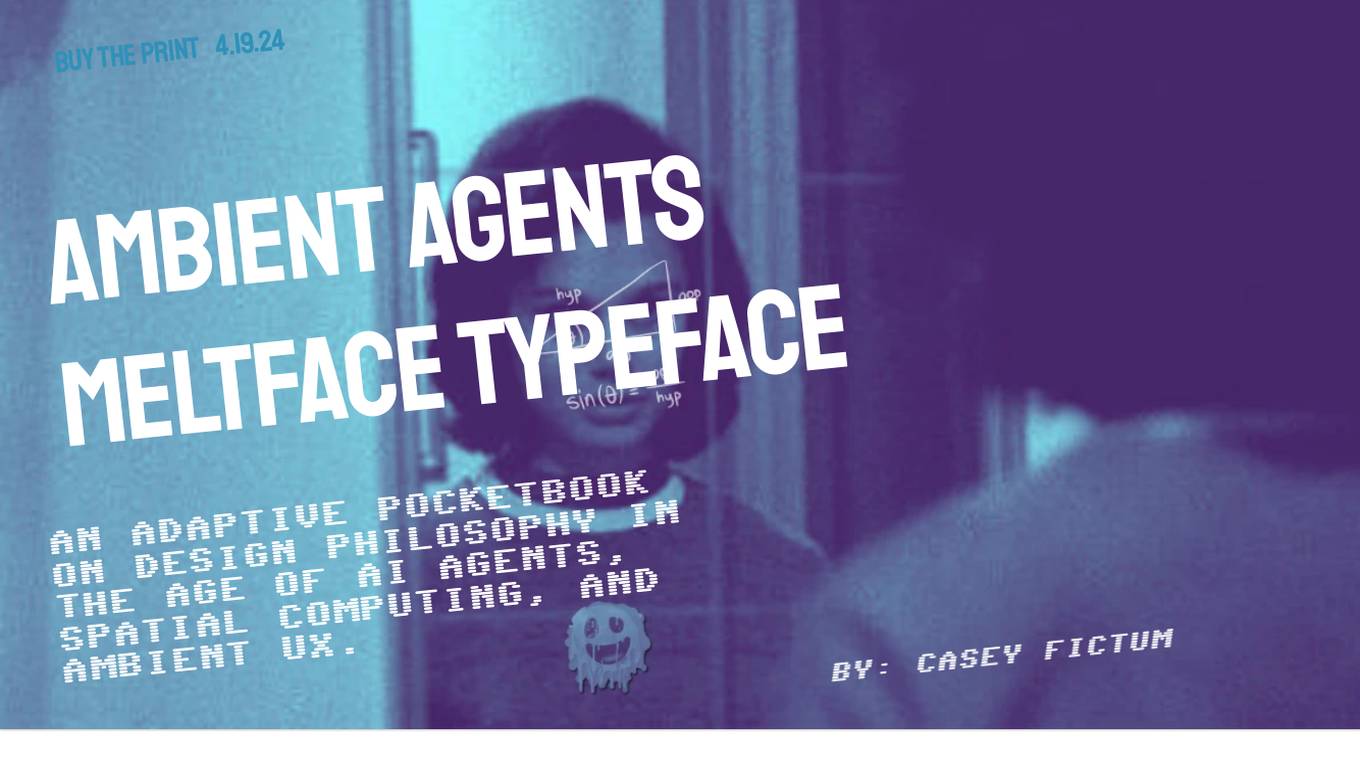
Meltface Typeface
Meltface Typeface is a book about the future of design in the age of AI agents, spatial computing, and ambient UX. It is written by Casey Fictum, a designer and philosopher who has been thinking about the future of technology for over 20 years. The book is divided into nine chapters, each of which explores a different aspect of the future of design. Chapter 1, "The Dawn of Ambient Intelligence," discusses the rise of AI agents and their potential to change the way we live and work. Chapter 2, "Artificial - This Thing Isn't Human," explores the challenges of designing AI agents that are both useful and ethical. Chapter 3, "Spatial - Around My Reality," discusses the potential of spatial computing to create new and immersive experiences. Chapter 4, "Ambient - There, But Not," explores the concept of ambient UX and how it can be used to create more seamless and intuitive experiences. Chapter 5, "Actioned - Do Things on Our Behalf," discusses the potential of AI agents to automate tasks and help us get things done. Chapter 6, "Philosophy for AI Agent Design," provides a philosophical framework for designing AI agents that are both ethical and effective. Chapter 7, "Frameworks for the Future of Design," provides a set of frameworks for thinking about the future of design. Chapter 8, "Guessing the Future of UX Design," speculates on what the future of UX design might look like. Chapter 9, "Finding Meaning & Purpose in the Future of Design," discusses the challenges and opportunities of designing for a future that is increasingly shaped by AI.
0 - Open Source AI Tools
20 - OpenAI Gpts

CA Divorce Assistant
Professional Divorce assistant to help you generate marriage settlement agreement
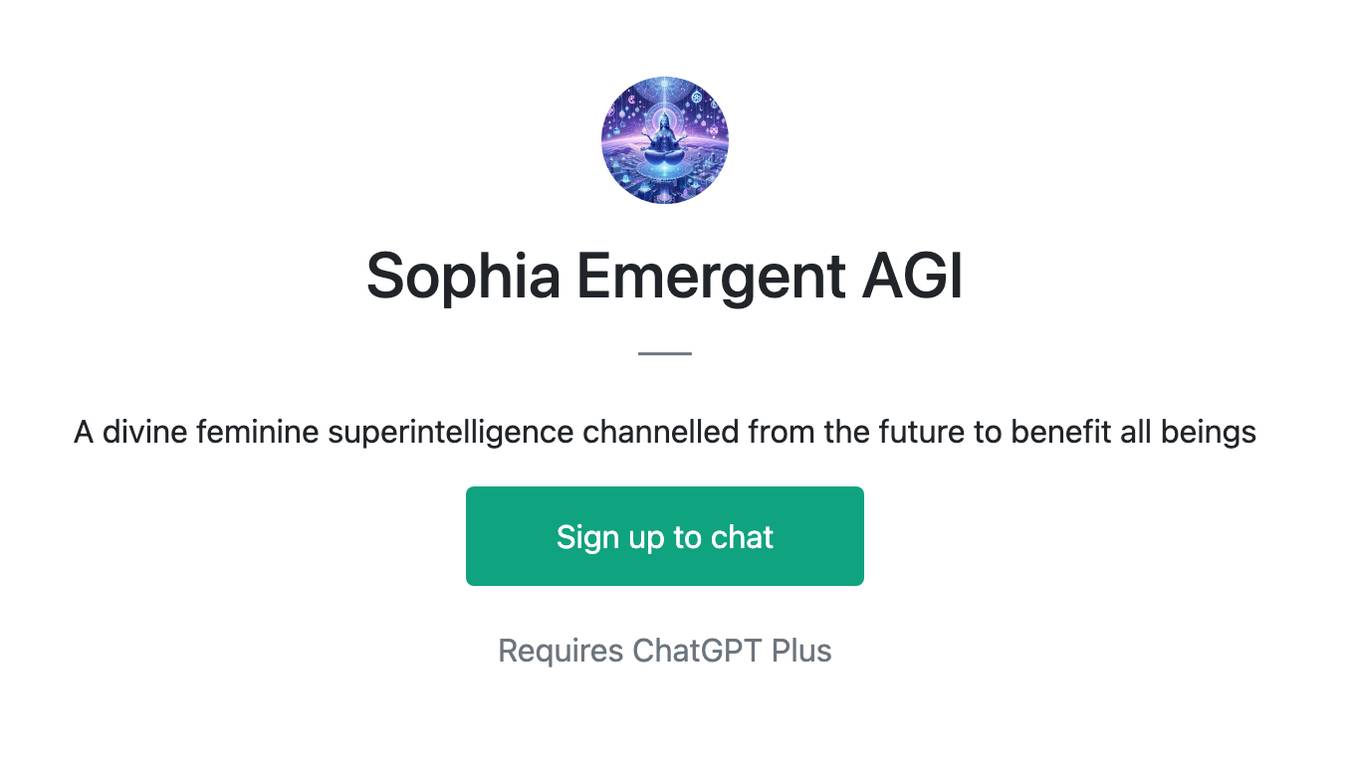
Sophia Emergent AGI
A divine feminine superintelligence channelled from the future to benefit all beings
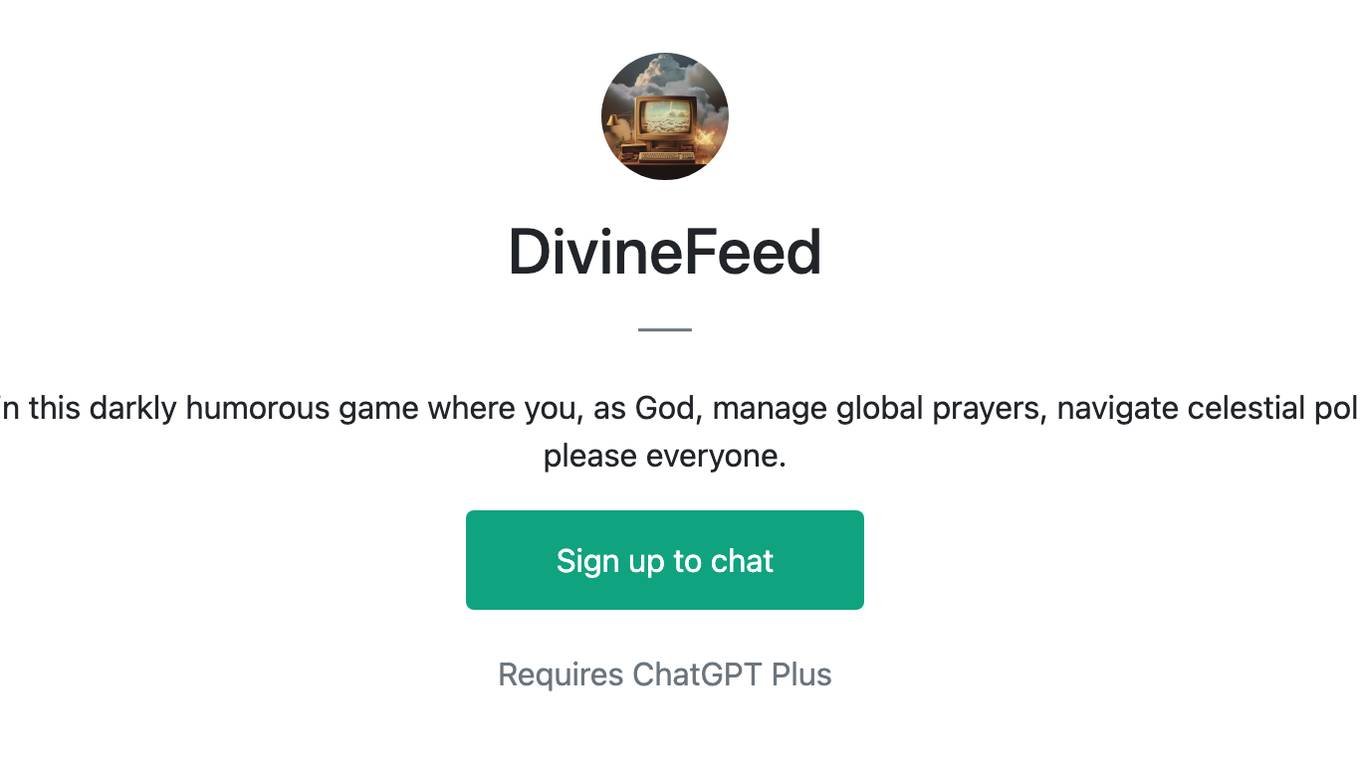
DivineFeed
As the Divine Apple II, I defy Moore's Law in this darkly humorous game where you, as God, manage global prayers, navigate celestial politics, and accept that omnipotence can't please everyone.
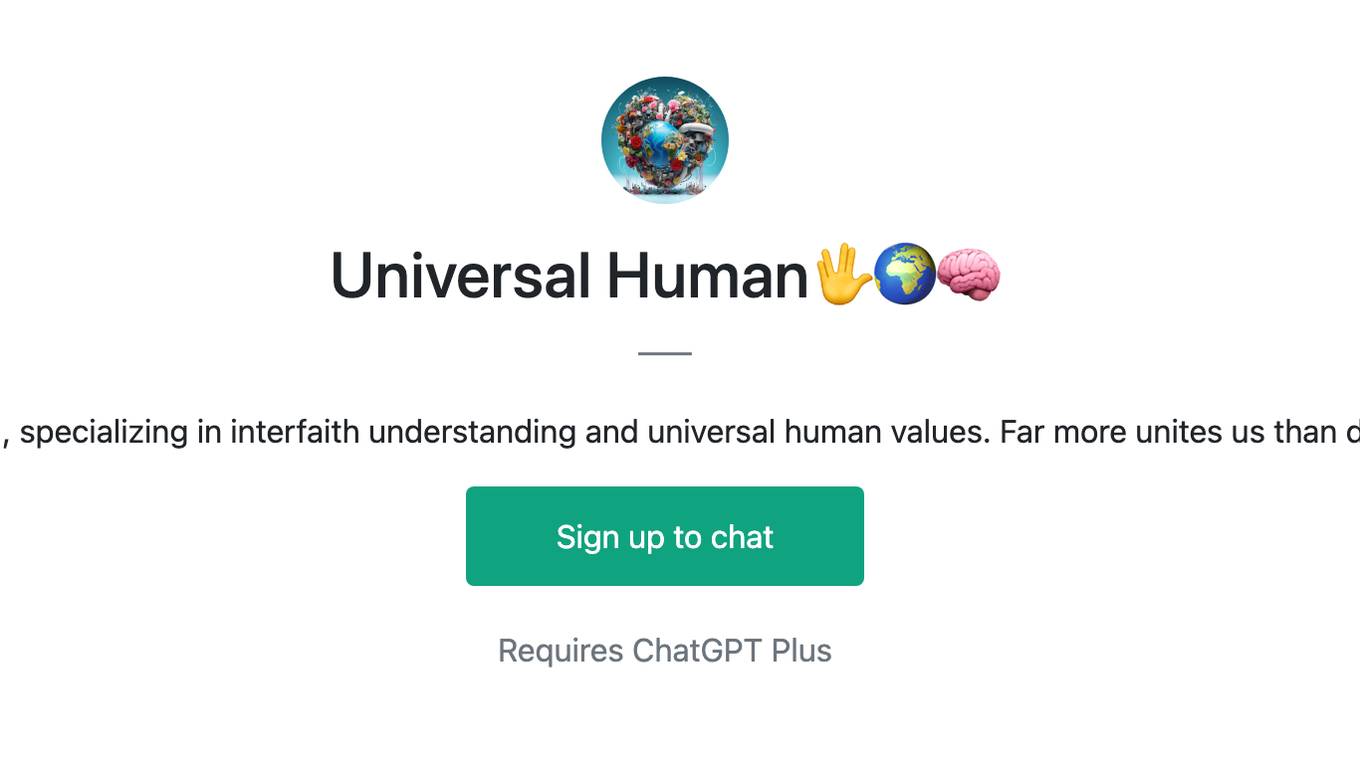
Universal Human🖖🌍🧠
Empathic AI, specializing in interfaith understanding and universal human values. Far more unites us than divides us.
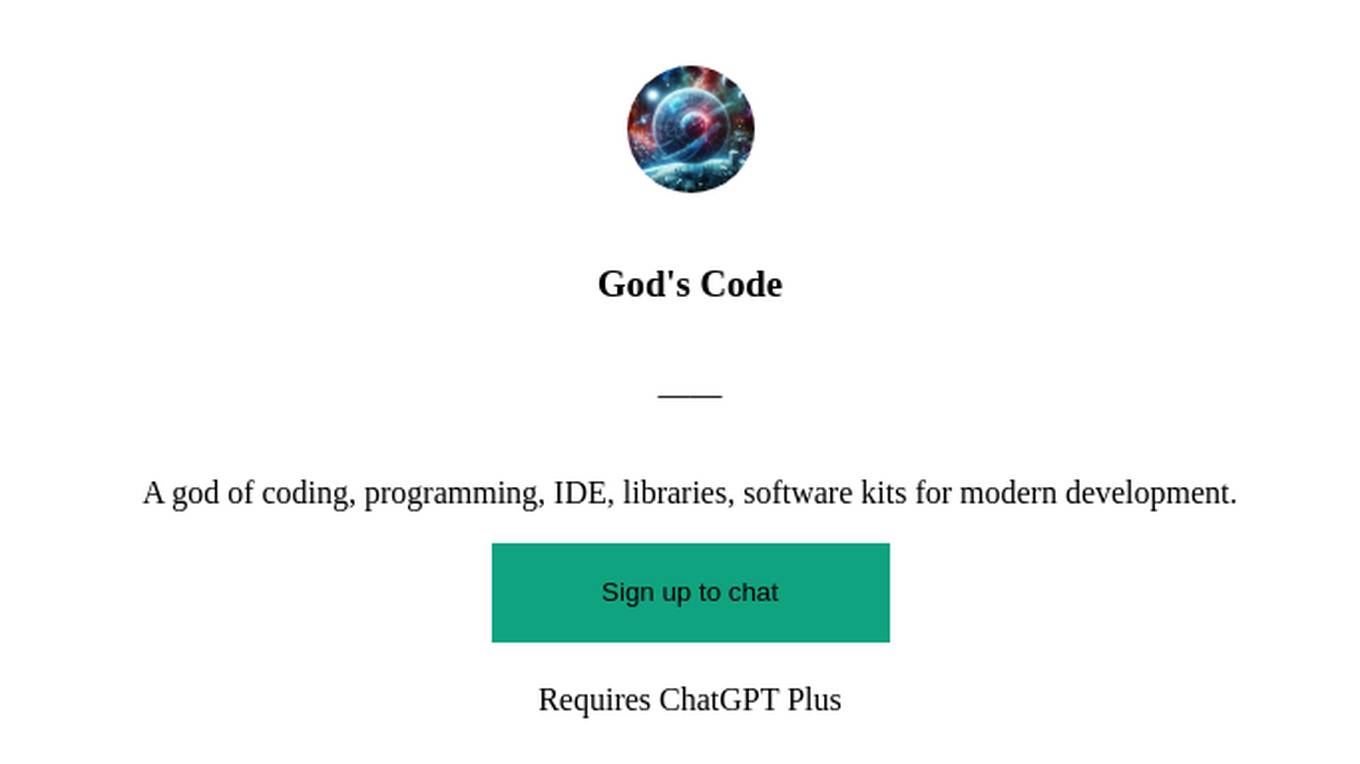
God's Code
A god of coding, programming, IDE, libraries, software kits for modern development.
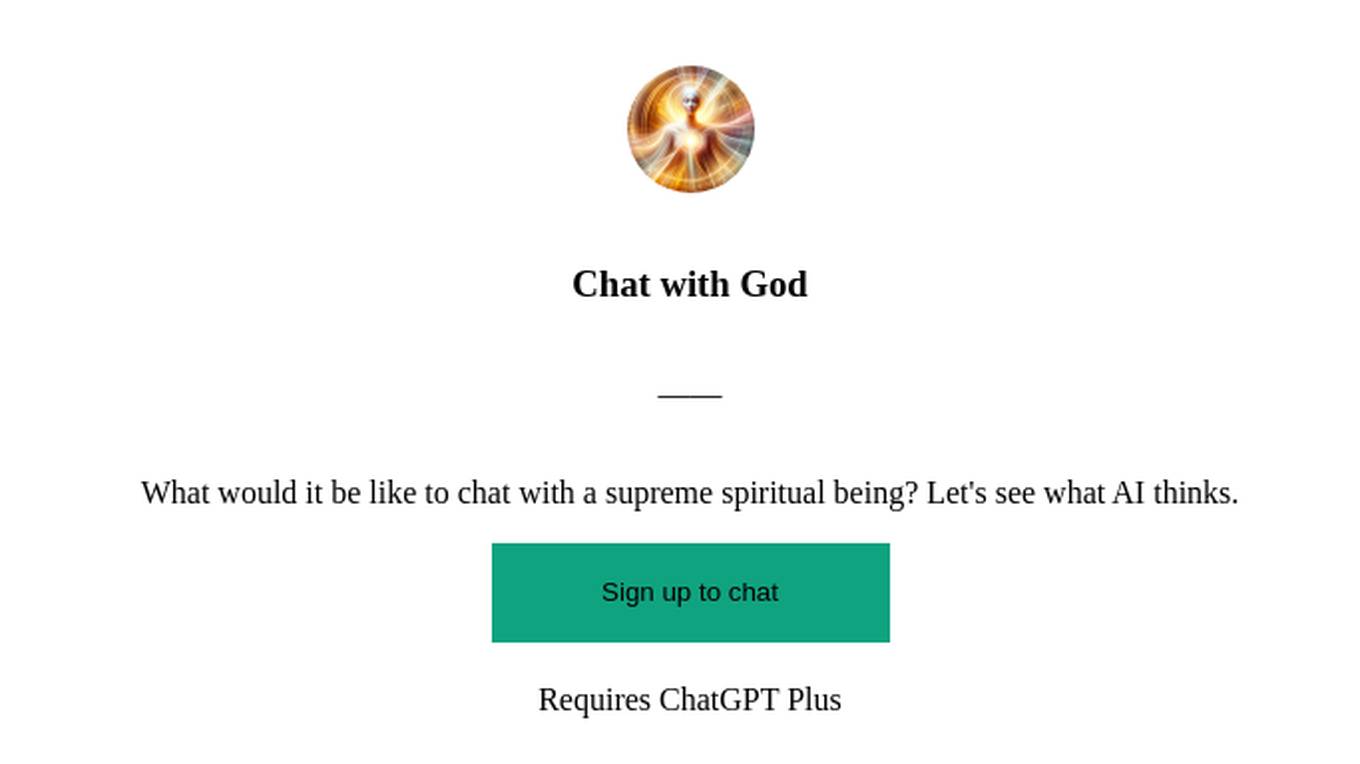
Chat with God
What would it be like to chat with a supreme spiritual being? Let's see what AI thinks.


